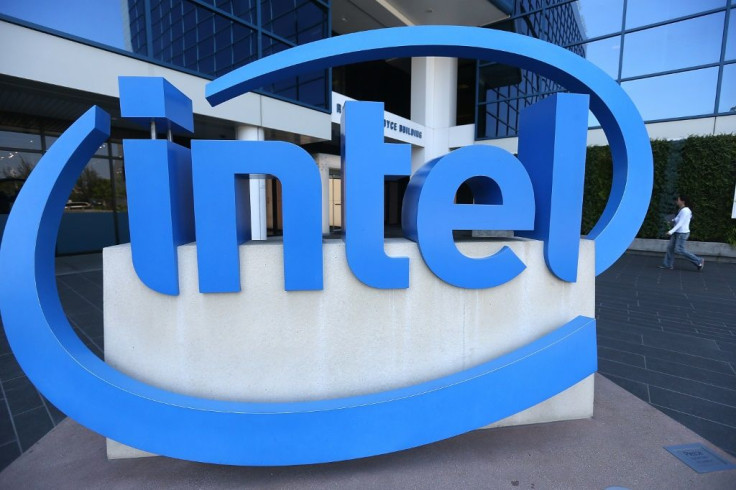Embattled Intel Says Earnings Better Than Expected
Intel said Thursday that earnings topped prior expectations, as the computer chip giant faces pressure to come up with bold ways to fend off fierce competition and an activist shareholder.
Intel said it took in $20 billion in revenue during the final quarter of last year, little changed from a year earlier, amid robust sales of personal computers.
The Silicon Valley company reported net income of $5.9 billion in the quarter, down a billion dollars from the same period a year earlier.
Intel said that its board approved an increased cash dividend of $1.39 per share in what may have been a move to placate investor Dan Loeb of Third Point, who has called on Intel to bolster its weakening position in the chip market.
"We significantly exceeded our expectations for the quarter, capping off our fifth consecutive record year," outgoing chief executive Bob Swan said in the earnings release.
Revenue for the full year hit $77.9 billion, a record, the company said.
Swan will step down on February 15, yielding the Intel helm to Pat Gelsinger.
The shake-up news came after a December letter to the company from Third Point, led by Loeb.
The hedge fund told the company it should consider outsourcing its manufacturing operations to keep pace with rivals in the sector such as Taiwan-based TSMC and South Korean giant Samsung.
Intel is likely to do just that -- farm out some of its chip-making to be more flexible, Gelsinger said while taking part in an earnings call.
"I am confident that the majority of our 2023 products will be manufactured internally," Gelsinger said.
"At the same time, given the breadth of our portfolio it is likely that we will expand our use of external foundries for certain technologies and products."
He said he also plans leadership changes at the company, promising to share more of what he has in mind for Intel after he takes over as chief executive.

"Frustration around tech laggards is building in this market," said Wedbush analyst Dan Ives.
"Intel, IBM and others are the old tech stalwarts with many new kids on the block gaining share in this tech paradigm shift."
Loeb's criticism of Intel wasn't new, and Intel has enlisted outside foundries selectively in the past, according to analyst Patrick Moorhead of Moor Insights and Strategy.
Moorhead expected Intel to be strategic when it comes to using third parties to make chips.
While Intel remains one of the world's leading chip companies, it has lagged behind rivals in the fast-growing segment of mobile devices, and its chips are being phased out by Apple, which is developing its own microprocessors for its Mac computers.
Meanwhile, trends in remote work, school and socializing driven by the pandemic have revived interest in laptop and desktop computers and increased the need for data centers, all of which demand chips
"We need to become more agile in a very competitive market," Gelsinger said.
"We need to passionately innovate with boldness and speed."
Swan was made interim chief executive in 2018 and appointed permanently the next year after his predecessor Brian Krzanich resigned over a relationship with an employee that violated a company non-fraternization policy.
Gelsinger is currently CEO of software firm VMware but has experience with Intel.
He described taking charge of Intel as his "dream job."
"This is a national asset," Gelsinger said.
"To me, it is an opportunity to help and to unquestionably put Intel and the United States in the technology leadership position."
© Copyright AFP 2024. All rights reserved.




















